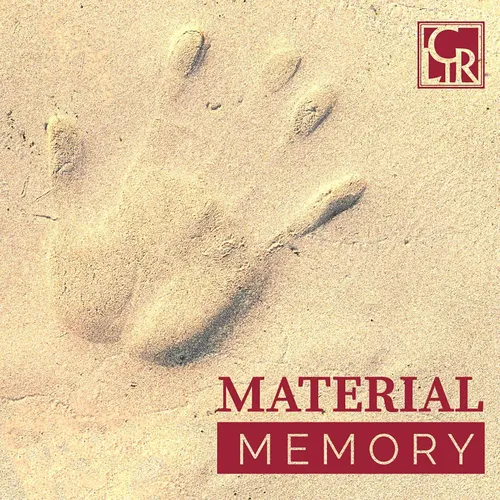
Material Memory
We live in the age of information, but how often do we think about what has been lost—or nearly lost? From memories left on discarded machines to the voices of ancestors trapped on obsolete media, we are losing parts of human history each day.
In theme-based seasons, Material Memory explores the effects of our changing environment—such as digital technologies, the climate crisis, or global human displacement—on our ability to access the record of our shared humanity, and the critical role that libraries, archives, museums, and other public institutions play in keeping cultural memory alive.
- Update frequency
- every 19 days
- Average duration
- 35 minutes
- Episodes
- 25
- Years Active
- 2019 - 2022

Not Even in the Dictionary
Iñupiaq dialects—spoken by people in the northernmost parts of Alaska—are considered “severely endangered,” with about 2,000 native speakers of these dialects alive today.
In this episode of Materia…

The Duty of Memory
Radio Haiti, the nation’s first independent radio station, gave people a voice in speaking out against government oppression while speaking up for human rights and democracy. In this episode of Mater…

Connected to the Legacy
In this episode of Material Memory, we talk to experts at the Amistad Research Center who are working to digitize the audio field recordings of African-American academic and linguist Lorenzo Dow Turn…

The Ethics of Access
How can recordings of indigenous languages be made accessible to the communities they represent? In this episode of Material Memory, we talk to experts about the ethical considerations and complexiti…

Keeping Cultural Memory Alive: What's at Stake?
Kathlin Smith introduces the Material Memory podcast in a conversation with CLIR President Charles Henry about the threats to our cultural record and what is at stake if it's lost.